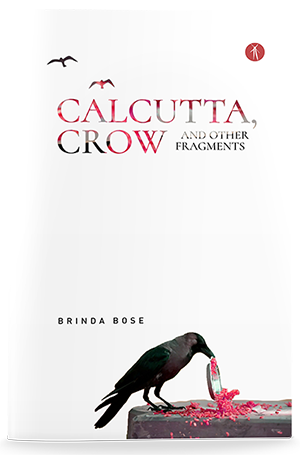
Nostalgia and Return
Nostalgia and Return: a brief account of Brinda Bose’s Calcutta, Crow and other fragments
Calcutta Crow and other fragments by Brinda Bose is a telling book of poems, which reflects the melancholia of returning to one’s roots, especially when the arrival of death marks the return. In this chapbook, the reader finds glimpses of a gripping nostalgia that does not resemble popular notions; the private emotional spaces direct it, however.
Throughout the book, the reader will find several instances of striking imagery. The poet has blended into a morbid narration of a city that is home to several pages of history. For example, a plane ride in turbulent weather is drawn out with lines like “the promise of home darkling and sparkling / in a sepulchred sky / lurches into a jewelled breast flashing,” leaving the reader amused about the poet’s imaginative comparison of witnessing lightning and clouds from the inside of an airplane to a jeweled breast.
In “calcutta, crow III,” a walk down the College Street is immediately grasped by the reader when the poet writes, “finally only one street defines this city / the coffin of skeletal tramlines / where collegial ghosts rest.” Poetry, being the expression of a human being’s most subjective abstractions, is quite rare to come across lines like these. The abstract images drawn by Bose are transcended with stunning immediacy to the reader’s eyes.
In a city that is rapidly losing its old charm, this collection expresses the essence of its title, as it is filled with the fragments of the poet’s memory of grief, loss, distance, estrangement, and the city itself. The more one reads this book, immersing deep into the words of Brinda Bose, the image of a crow on every page of the book seems metaphorical because, in Bengal, the crow is the most common bird—a creature that ranges from petty commonness to plain ugly. But that is ever-present, much like the emotions of grief and sorrow, as expressed in this book.
Themes, which revolve around time and the contradiction of time being merciless and childish are a haunting occurrence in this book. The poem “loss” elicits the relationships a human can share with the inanimate objects and other human beings, ends with the lines: “a month is forever / and no time at all.”
At the end of the book, the reader may feel a longing for the past that never existed—like the literal meaning of nostalgia itself.
Browse Our Catalogue
- Bags2 products
- Bengali187 products
- Fiction42 products
- Journal2 products
- Memoir2 products
- Nonfiction45 products
- Poetry96 products
- English193 products
- Drama1 product
- Fiction28 products
- Journal3 products
- Literary Criticism6 products
- Memoir6 products
- Nonfiction21 products
- Poetry139 products
- Sanskrit1 product
Recent Posts
Recent Comments
Amazing works by our Country’s poets
Excellent compilation. A fabulous snapshot of the poetry scene
Wonderful book, a beautiful collection of poems. The book is a treat for the poetry lovers

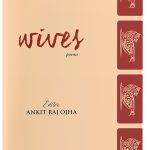

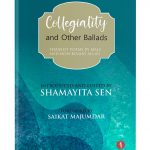
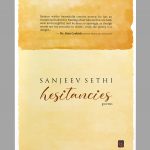
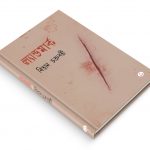
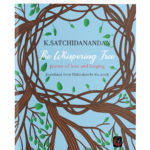
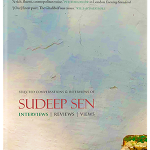
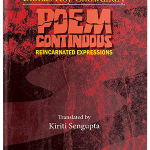
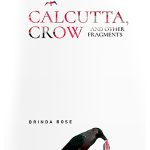
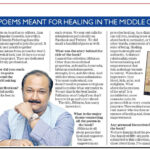

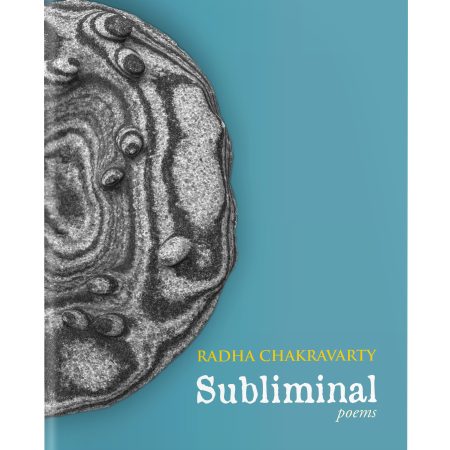
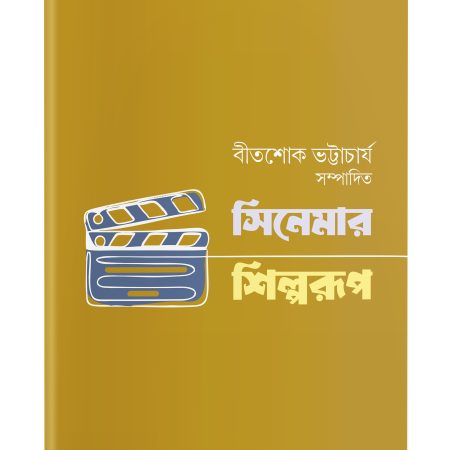
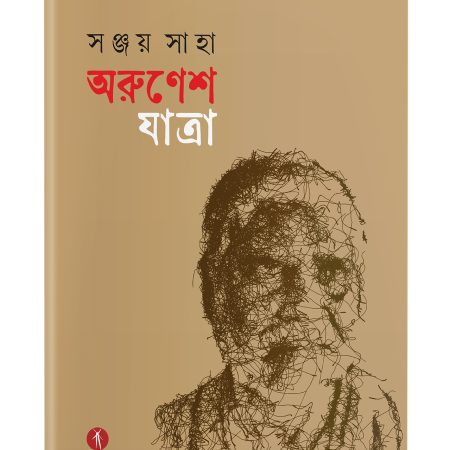
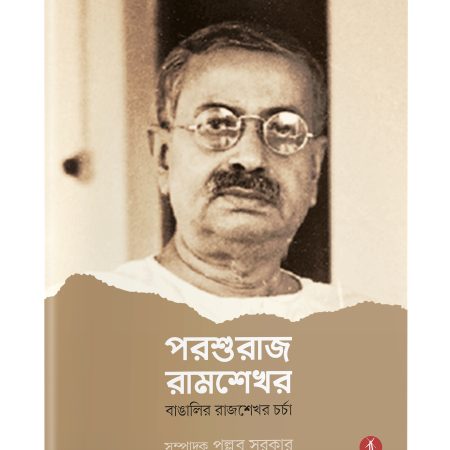
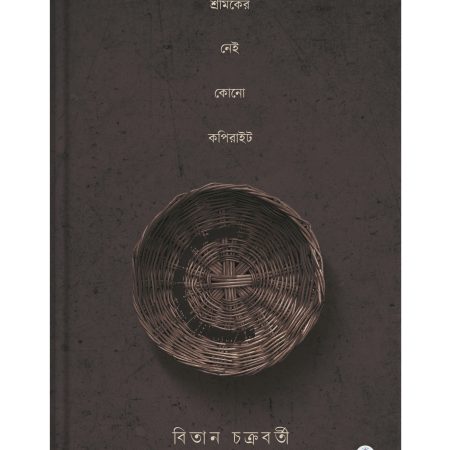
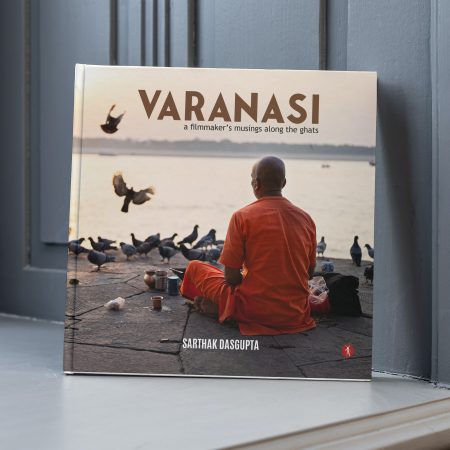
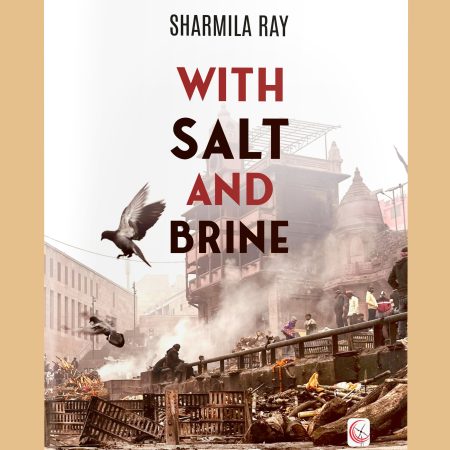
Very good and informative book